Boiler pressure is an essential factor in the functioning of a boiler. It refers to the force exerted by steam or water within the boiler. The pressure must be within a safe range for the boiler to operate efficiently and effectively. If the pressure is too high or too low, it can cause damage to the boiler and the associated equipment. Therefore, it is crucial to know how to adjust the boiler pressure correctly and maintain it at the ideal level. This article will cover the various aspects of boiler pressure, including what it is, how to adjust it, the ideal pressure level, causes of low and excessive pressure, how to prevent pressure from rising, and how often to check and maintain the pressure.
What is Boiler Pressure?
Boiler pressure is the force exerted by steam or water inside a boiler. It is measured in pounds per square inch (psi) or bars. The pressure is created by heating water to produce steam, which then flows through pipes and is used to power turbines, engines, or other machines. The pressure must be high enough to drive the steam through the pipes, but not so high that it causes damage to the boiler or other equipment. In most cases, the pressure is maintained at a level between 1 and 3 bars.
Need a new boiler?
How to Adjust the Boiler Pressure Correctly?
Adjusting the boiler pressure requires some knowledge and experience in the field of boiler engineering. Here are some steps you can follow to adjust the boiler pressure correctly:
- Turn off the power supply to the boiler.
- Locate the pressure gauge on the boiler. The pressure gauge is usually located on the front panel of the boiler and has a range of 0 to 30 psi or 0 to 2 bar.
- Check the current pressure reading on the gauge. The ideal pressure range for most boilers is between 1 and 1.5 bar or 15 and 22 psi.
- If the pressure is too low, you can increase it by turning the filling loop valve. The filling loop valve is usually located near the boiler and can be turned by using a flat-head screwdriver. Turn the valve slowly until the pressure gauge reaches the desired pressure range.
- If the pressure is too high, you can release some water from the system by using the pressure relief valve. The pressure relief valve is usually located on the top of the boiler and can be opened by pulling the lever or turning the valve. Release the water until the pressure gauge reaches the desired pressure range.
- Once you have adjusted the pressure, turn on the power supply to the boiler and check the pressure gauge again to ensure it remains within the desired range.
What is the Ideal Boiler Pressure?
The ideal boiler pressure range depends on the type of boiler and the manufacturer’s recommendations. However, most modern boilers have a pressure range of 1 to 1.5 bar or 15 to 22 psi. It is important to check the manufacturer’s instructions and follow the recommended pressure range to ensure optimal performance and efficiency.
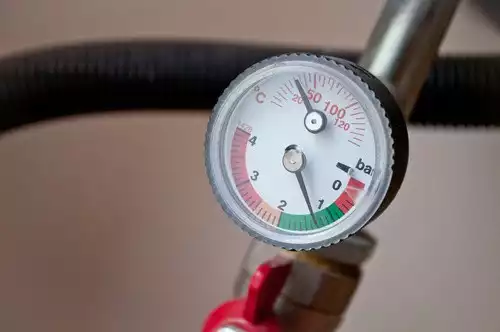
What is the Cause of Low Boiler Pressure?
Low boiler pressure can be caused by several factors, including:
- A leak in the system: If there is a leak in the boiler system, water can escape and lower the pressure.
- Bleeding radiators: When radiators are bled, the air is released from the system, which can cause the pressure to drop.
- Faulty pressure relief valve: If the pressure relief valve is faulty, it may not maintain the correct pressure and cause it to drop.
- Faulty filling loop valve: If the filling loop valve is faulty, it may not allow water to enter the system and maintain the correct pressure.
Get FREE Boiler Quotes
Get FREE Local Boiler Quotes today
Compare The Best Prices
Save Money On Your New Boiler Today!
What is the Cause of Excessive Boiler Pressure?
Excessive boiler pressure can be caused by several factors, including:
- A faulty pressure gauge: If the pressure gauge is faulty, it may not provide an accurate reading of the pressure, which can cause it to rise.
- A faulty pressure relief valve: If the pressure relief valve is faulty, it may not release excess pressure and cause it to build up in the system.
- Blocked pressure relief valve: If the pressure relief valve is blocked, it may not be able to release excess pressure and cause it to build up in the system.
- Faulty expansion vessel: If the expansion vessel is faulty, it may not be able to absorb the excess pressure and cause it to build up in the system.
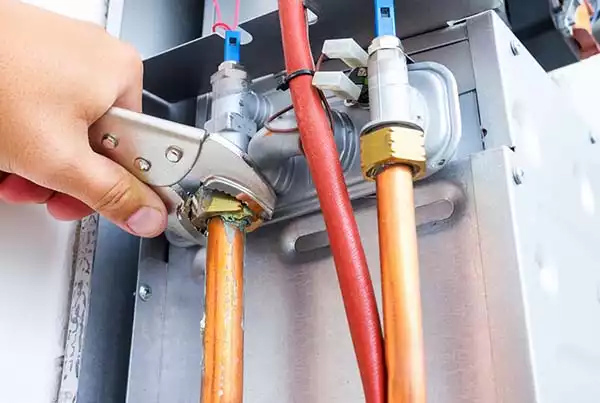
How to Stop Boiler Pressure from Rising?
Stopping the boiler pressure from rising requires immediate action to prevent damage to the system. Here are some steps you can follow:
- Turn off the power supply to the boiler to prevent further pressure build-up.
- Check the pressure gauge to ensure it is not rising anymore. If the pressure is still rising, you may need to release some water from the system using the pressure relief valve.
- If the pressure relief valve is not working, you may need to contact a professional boiler engineer to replace the valve.
- Check the expansion vessel to ensure it is functioning correctly. If the expansion vessel is faulty, you may need to replace it.
- Check for any blockages in the system that may be causing the pressure to rise, such as a blocked pressure relief valve or pipes.
- Once you have identified and fixed the issue, you can adjust the pressure back to the ideal range using the steps outlined earlier.

How Often Should Boiler Pressure be Checked and Maintained?
Boiler pressure should be checked regularly to ensure it is within the ideal range. It is recommended to check the pressure gauge at least once a month and after any maintenance work has been carried out on the boiler. If you notice any significant changes in the pressure, such as a sudden drop or rise, you should investigate the issue immediately and take the necessary steps to fix it.
In addition to checking the pressure gauge, it is important to maintain the boiler system to prevent any issues that may cause the pressure to drop or rise. Regular maintenance tasks include:
- Flushing the system removes any debris or sludge that may cause blockages.
- Bleeding the radiators to remove any trapped air that may cause the pressure to drop.
- Checking the pressure relief valve to ensure it is functioning correctly.
- Checking the filling loop valve to ensure it is not leaking or faulty.
- Checking the expansion vessel to ensure it is functioning correctly.
- Inspecting the system for any leaks or damage that may cause pressure fluctuations.
Conclusion
Boiler pressure is a crucial aspect of boiler performance and efficiency. It is important to maintain the pressure within the ideal range to prevent damage to the system and ensure optimal performance. Adjusting the boiler pressure requires some knowledge and experience in the field of boiler engineering. If you are unsure about adjusting the pressure or notice any significant changes in the pressure, you should contact a professional boiler engineer to investigate the issue and take the necessary steps to fix it. Regular maintenance of the boiler system is also important to prevent any issues that may cause the pressure to drop or rise.

Looking for boilers with sophisticated manufacturing, great quality?
Fangkuai boiler can always provide what you want.
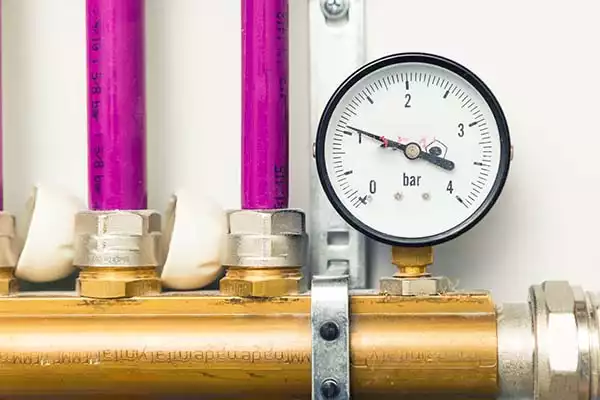
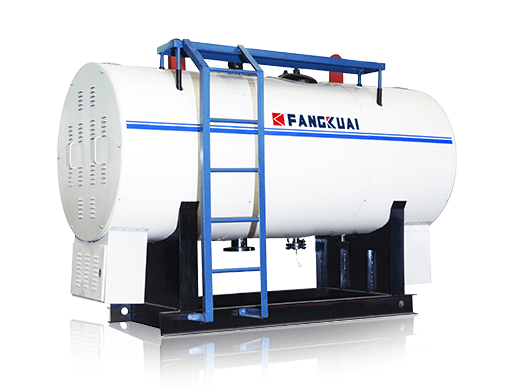 Electric Hot Water Boiler
Electric Hot Water Boiler 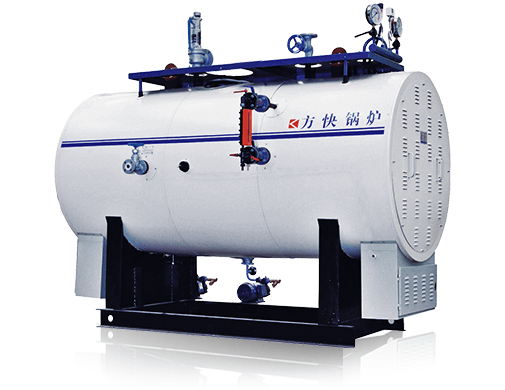 Electric Steam Boiler
Electric Steam Boiler 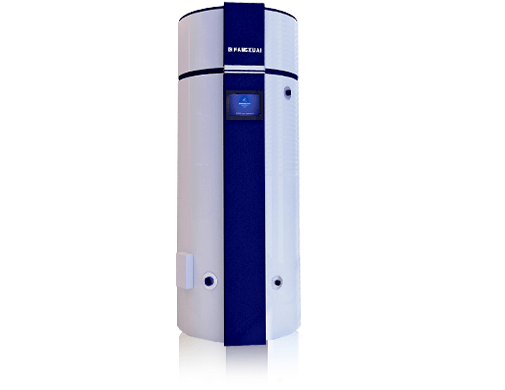 V6 Gas Fired Hot Water Boiler
V6 Gas Fired Hot Water Boiler 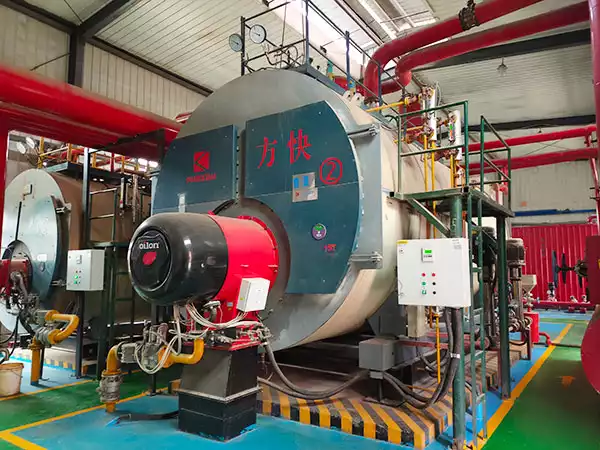 2023 Gas Boiler Prices Guide | Comparing Home Gas Boiler Costs
2023 Gas Boiler Prices Guide | Comparing Home Gas Boiler Costs 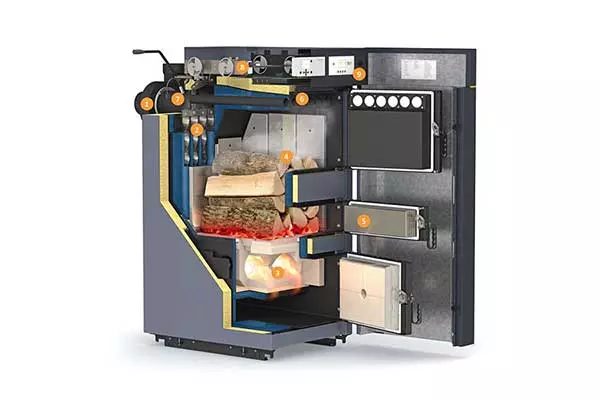 Best Wood Gasification Boilers For Sale | Buying Guide
Best Wood Gasification Boilers For Sale | Buying Guide 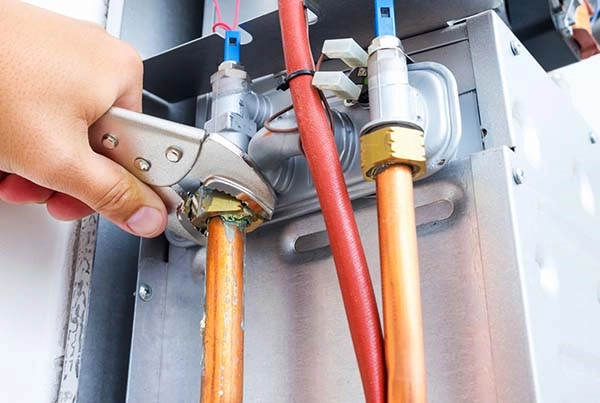 Electric Combi Boiler Prices | 2023 Buying Guide
Electric Combi Boiler Prices | 2023 Buying Guide 